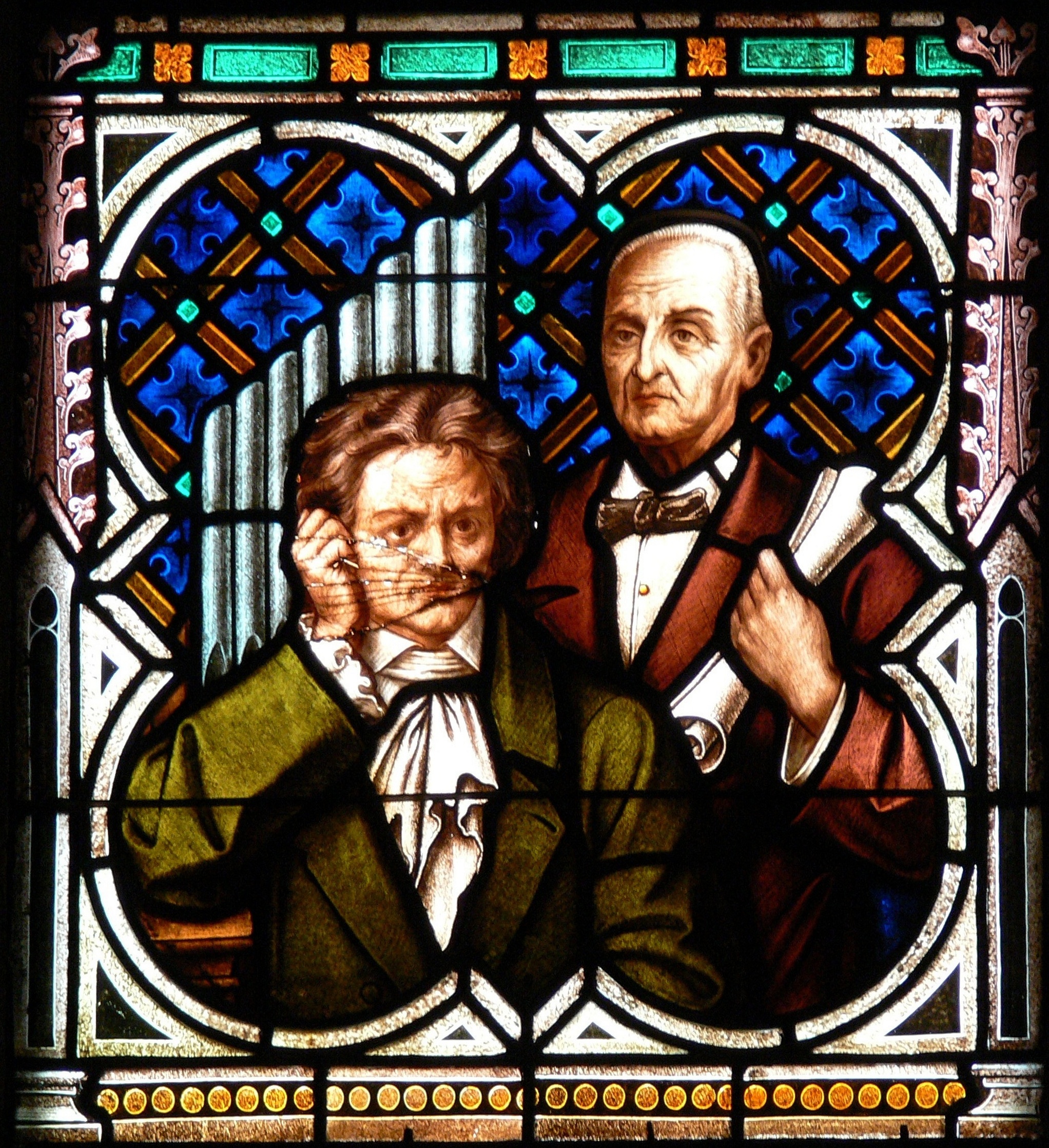|
Kitzler Study Book
The ''Kitzler Study Book'' () is an autograph workbook of Anton Bruckner which he wrote taking tuition with the conductor and cellist Otto Kitzler in Linz. Bruckner tried to complete his knowledge in musical form and instrumentation with Kitzler after the end of his studies with Simon Sechter. Description The workbook is composed of 163 pages of different sizes in landscape format (326 numbered pages) in chronological order, some of them dated, from (Christmas Eve, Holy Night, 1861) on p. 30, to 10 July 1863 on p. 325.U. Harten, pp. 233-234C. van Zwol, p. 90 The workbook contains Music manuscript, autograph sketches, comments, complete and partial Musical composition, compositions, which are displaying a rigorous tuition in musical formatting and Instrumentation (music), instrumentation. The first entries (pp. 1-18) are exercises in musical form: Cadence (music), cadences and Period (music), periods. They are followed (pp. 18-57) by Lieder (Bruckner)#Not yet issued li ... [...More Info...] [...Related Items...] OR: [Wikipedia] [Google] [Baidu] |
Anton Bruckner
Josef Anton Bruckner (; 4 September 182411 October 1896) was an Austrian composer, organist, and music theorist best known for his symphonies, masses, Te Deum and motets. The first are considered emblematic of the final stage of Austro-German Romanticism because of their rich harmonic language, strongly polyphonic character, and considerable length. Bruckner's compositions helped to define contemporary musical radicalism, owing to their dissonances, unprepared modulations, and roving harmonies. Unlike other musical radicals such as Richard Wagner and Hugo Wolf, Bruckner showed extreme humility before other musicians, Wagner in particular. This apparent dichotomy between Bruckner the man and Bruckner the composer hampers efforts to describe his life in a way that gives a straightforward context for his music. Hans von Bülow described him as "half genius, half simpleton". Bruckner was critical of his own work and often reworked his compositions. There are several version ... [...More Info...] [...Related Items...] OR: [Wikipedia] [Google] [Baidu] |

